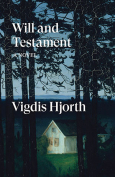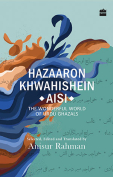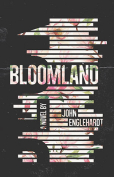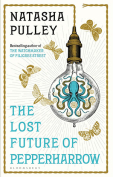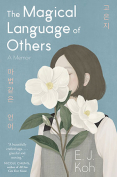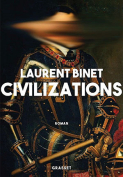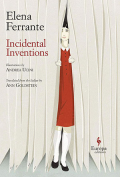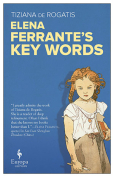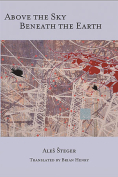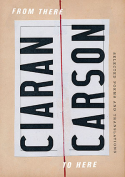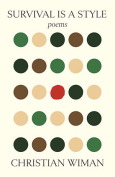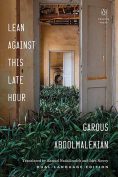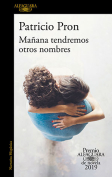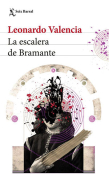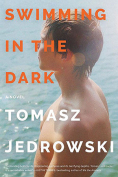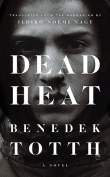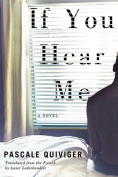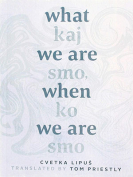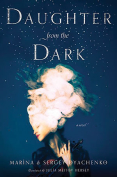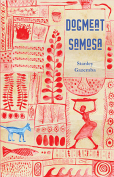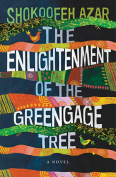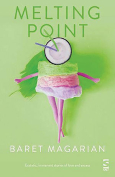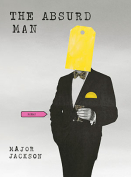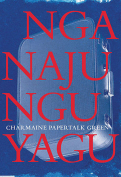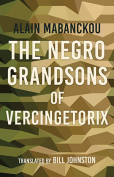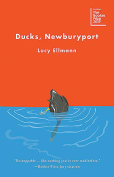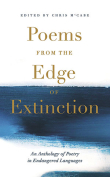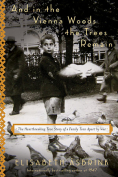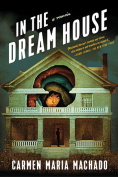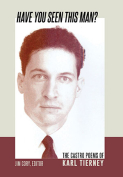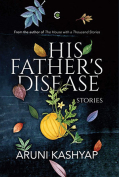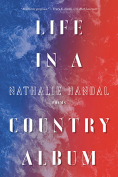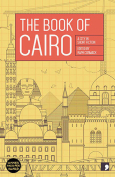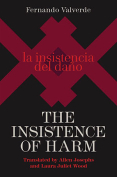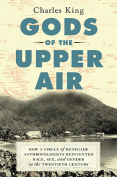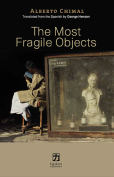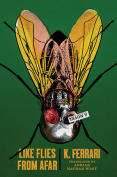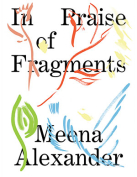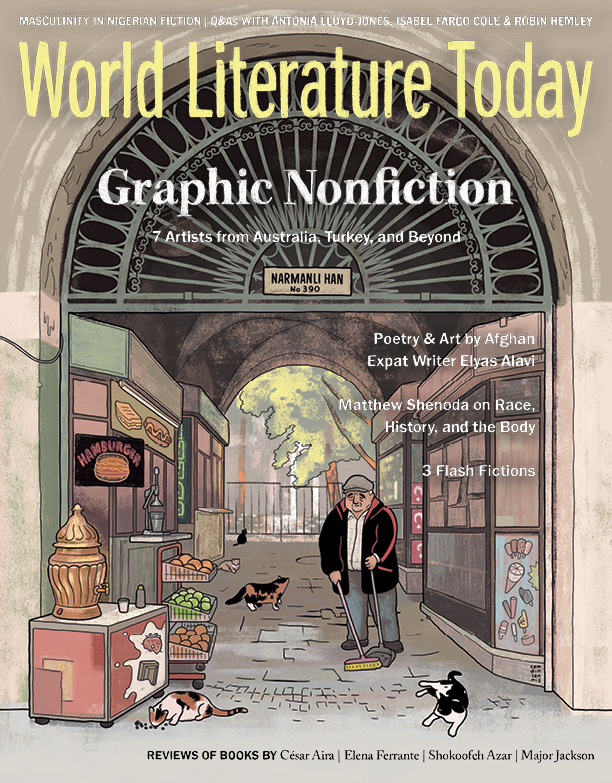Poems from the Edge of Extinction: An Anthology of Poetry in Endangered Languages
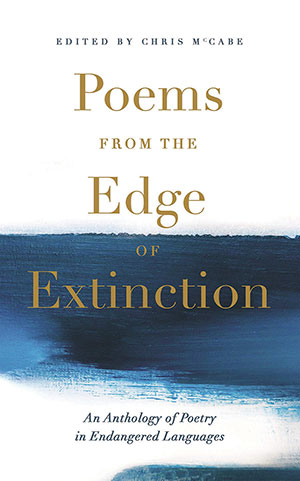 London. Chambers. 2019. 256 pages.
London. Chambers. 2019. 256 pages.
Literature stands on the front lines, wherever noble human impulse confronts the void. Mass extinction of species, collapse of earth’s vital ecosystems, devastating environmental degradation, systemic impoverishment, and the fraying of hard-won systems of geopolitical cooperation all hang heavy on us in this generation. One often underappreciated aspect of this avalanche triggered by human overreach is the accelerating loss of our cultural diversity—of the peoples, traditions, and languages of our world.
This beautiful volume helps counter such loss on a human scale, touching us individually and emotionally. It is a poetic seed bank, to be savored, yes—and possibly to help us preserve this diversity for our future selves. Poetry from dozens of endangered languages is organized in sections geographically, presented in original and English translation, and contextualized succinctly in a useful discussion section following each poem.
In poem after poem, themes of loss, isolation, secret wisdom, and some surprising histories bubble continually over. There is mystical poetry from the Nomad Testament, by Hawad, in translation from the Tamajaght language of central Sahara: “O Ti-n-El / we have seen so many courtiers / butterfly travelers returning / from the vigil of the Pleiades / yet from your face / aflame with a smile / which sculpts fire lashes // No look has returned.”
From the Zoque language of Mexico, there is Mikeas Sánchez’s “Jesus Never Understood My Grandmother’s Prayers” (trans. David Shook): “my grandmother’s tongue / smelled like rose apples / and her eyes lit up when she sang / with the brightness of a star. / Saint Michael Archangel never heard her / my grandmother’s prayers were sometimes blasphemies / jukis’tyt she said and the pain stopped / patsoke she yelled and time paused beneath her bed” (WLT, Sept. 2014, 31). Faroese poet Kim Simonson gives us this, in Randi Ward’s translation of December Morning: “A starling flock lights / on red and black currant bushes. / You’re crying on the phone again. / A land is a construct / that has to be recreated every day.”
Equally fascinating are the texts following the poems—where we also get a glimpse into the surprising complexity of translation approaches employed across this map of this endangered poetic world. For example, the Tamajaght poetry quoted above is a third cousin to the original—first transcribed by the poet, Hawad, from Tamajaght into a graphic illustrated version, rendering the poetry using a modified Tifinagh alphabet with added vowels; then it has passed through French translation by his scholar-wife, Hélène Claudot-Hawad, thence into English by Judith Fleiss. By the way, this poem about Ti-n-El (“She of the season of new grasses”) and others explore the forced exile and unresolved fate of the Tuareg people.
Because of the dizzying variety of translation strategies and challenges, there is a necessary unevenness in translation, with some stilted lines and other minor stylistic clutter creeping in. No matter. This volume enchants, dignifies, educates, uplifts, transports, and ultimately may even help redeem and heal us, in our presently unhinged global frenzy—if only we let it.
There is much more to do, of course—these sixty poets/languages represent but a slightest fraction of our endangered literary heritage now disappearing by the month.
Even so, Chris McCabe has made something exceptional here. This is that rare collection that every one of us can treasure and pass on. I cannot hope strongly enough that this book may find its way into our libraries—and our hearts.
Andrew Singer
Trafika Europe
